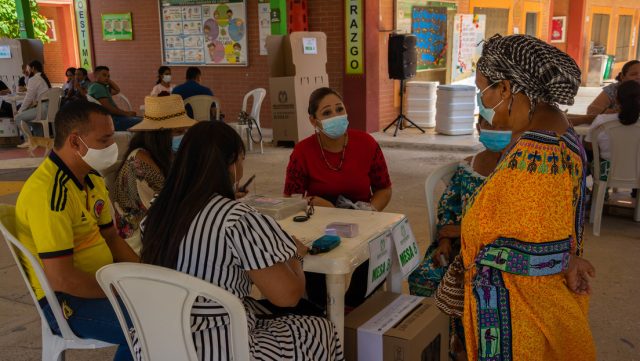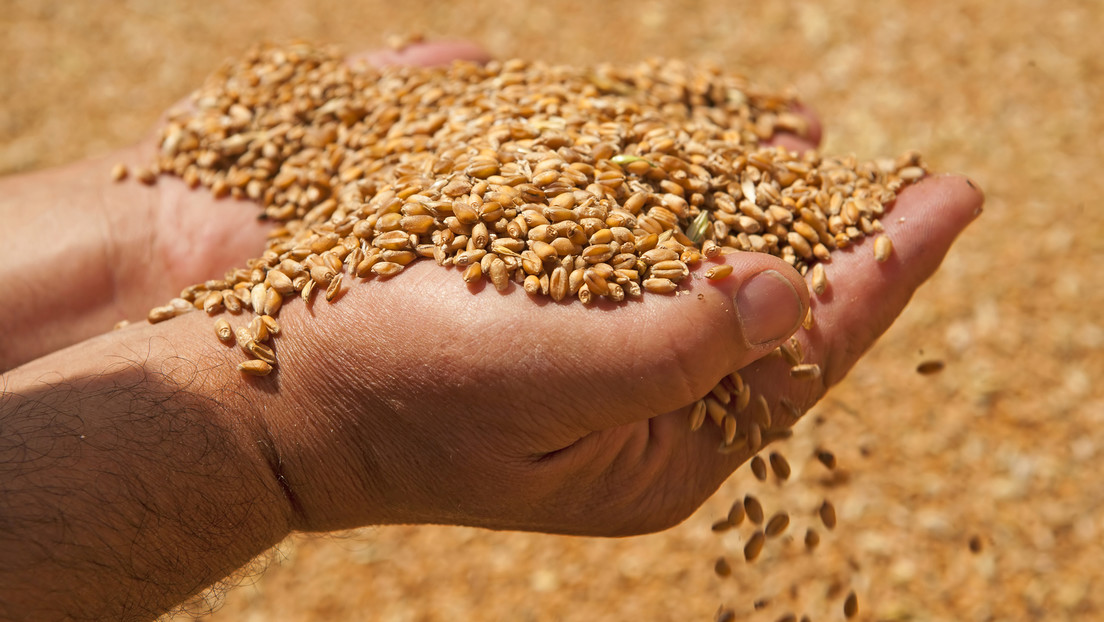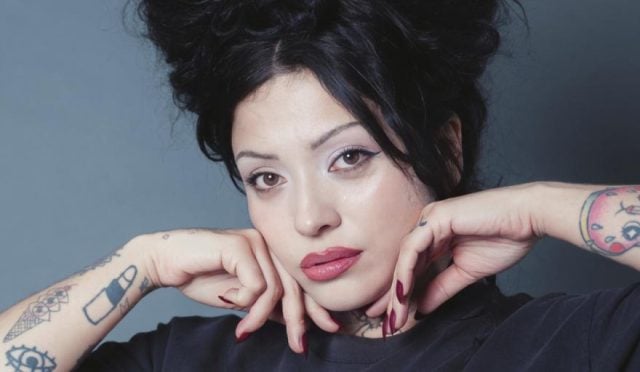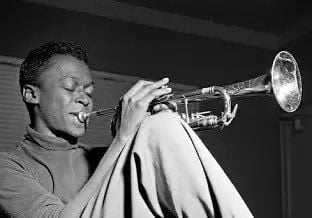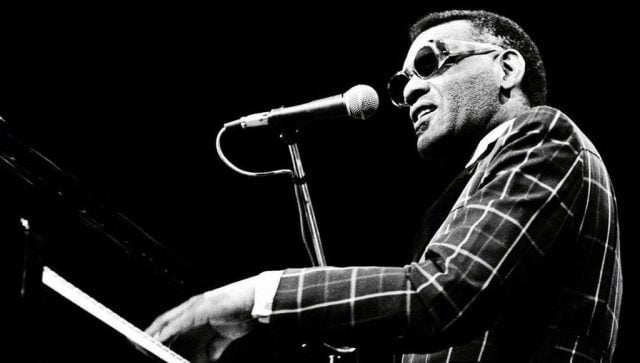After knowing the results of the first round of the presidential elections in Colombia, which placed the candidates Gustavo Petro, for the Pacto Histórico (Historical Pact), and Rodolfo Hernández, for the Liga de Gobernantes Anticorrupción (League of Anti-Corruption Governors), in direct dispute for the House of Nariño, the political forces already have begun to express their support to one or the other candidate as the second round is only a few days ahead.
While Petro’s option has been the most voted with 40.32% (8,526,787 votes), Hernández’s got 28.15% of the ballots (5,952,968), but for the second round he could count on the full support of the Uribismo, whose candidate, Federico ‘Fico’ Gutiérrez, achieved 23.92% (5,057,858 votes).
This situation in Colombia means that the support that both candidates may obtain for the presidency is decisive for the second round. For this reason, when the options are at stake, there are elements and political forces that could have an influence in the face of June 19.
On the other hand, in the first round, of the 39 million voters summoned to the polls, only 54% participated, so there is a significant number of voters who have not yet expressed themselves and if they get involved for the second round, this will also be decisive in the electoral results, explained the article in RT.
Another relevant element is the support shown by the other candidates who didn’t make it in the first round: Sergio Fajardo, who obtained 4.20% (888,518 votes); John Milton Rodríguez, 1.29% (274,216 votes); and Enrique Gómez, 0.23% (50,528 votes); that, although they do not seem to be decisive, together they add up to more than 1 million votes, an amount to take into account in the final electoral event that promises to be quite close.
What has the Uribismo said?
Although the Centro Democrático (Democratic Center) —the party of former president Álvaro Uribe— has not formalized its support for Hernández’s candidacy, on their social networks, they maintain their strong campaign against Petro’s option.
Uribe, for his part, has not expressed his support for Hernández either, and this was made clear by the party a day after the first electoral round, when it denied a false tweet from the former president where he congratulated Hernández and said that he planned to meet with Petro’s now direct rival.
Although the official position of the Uribista party is not shown as a whole, its candidate ‘Fico’ Gutiérrez (who came in third) has already expressed his support for Hernández: «I invite you all to take care of the country and to vote for Rodolfo and Marelen on June 19», he said in his defeat speech after the first round.
Similarly, Uribe senator María Cabal has also done it. She said that she would support Hernández because «he stole the hearts of the Colombia ns». In addition, the congresswoman maintains a fierce campaign against Petro.
Congressmen Miguel Uribe Turbay, Paloma Valencia and the former ambassador of the Duque government to the US, Francisco ‘Pacho’ Santos, also appear on the list of Uribistas who supported Gutiérrez’s candidacy and who have now decided to support Hernández.
While the ‘new’ support is generated, Hernández alleges that he has at least «20 differences» with the Uribismo and that his government will be «independent» because he owes «nothing to anyone», while asking his followers not to «believe everything they hear».
The Uribismo outrages the followers of Hernández in Colombia
But the declarations of the uribistas in favor of the candidacy of Hernández have already generated adverse reactions, especially in the region from where Hernández originates, the department of Santander.
One of the first politicians to express his rejection was the Bucaramanga councilor, Danovis Lozano, who announced that the only option that now represents his struggles is the formula of Petro and Francia Márquez.
«In Santander we have fought against the uribismo, the clans and the corruption, defending the moors and saying no to fracking. At this time the option that most represents these struggles is called Francia Márquez and Gustavo Petro. As a young man I give my vote of confidence (to them)», he said.
Lozano, along with other leaders, such as councilor Carlos Parra and Santander deputy Ferley Sierra, supported Hernández in the first round and denounced the «political clans» that supported Fico Gutiérrez’s candidacy in their region.
Deputy Sierra was clear in his position and said: «Where there is Uribismo, I will never be, period». Meanwhile, Parra told the local media outlet Blu Radio that although he had not decided who he would support in the second round, his fight for a decade has been «against Uribism» and the «political clans» that have affected the Santander region.
Another voice that made public his rejection of the ‘support’ of the uribismo has been that of the senator elected representing Santander, Jonathan Pulido Hernández, better known as «Jota Pe Hernández», and who obtained one of the largest votes in the parliamentary elections on March 13 . «I don’t want to be in the same place where the Uribismo is! For this reason and through this video, I am withdrawing from the campaign of engineer Rodolfo Hernández», announced the congressman.
Other forces define their alliances in Colombia
The fourth option with the most votes in the first presidential round in Colombia, the formula of the Centro Esperanza Coalition, made up of Sergio Fajardo and Luis Gilberto Murillo —an option that received almost 900,000 votes— gave the green light so that “each of its sectors and movements» decide «about their future».
This Tuesday, Murillo announced his support for the Pacto Histórico candidates. «Convinced that what the country needs is peace and the empowerment of women, today I announce my support for Gustavo Petro’s candidacy. We are at a time where the roadmap that feeds democracy shows us that the country wants a change”, said the former vice-presidential candidate for the centrist coalition.
The one who did not want to get his ‘feet wet’ was Fajardo, who assured that he was «thinking a lot» and that he wanted to «contribute» for the second round, but he has not yet made a decision on who to support in that decisive electoral round. «I have spoken with Rodolfo in the past, we know each other. Last night he called me and said he wanted to talk to me. On Petro’s side, no one. But we have to ‘land calmly and wisely’. I want to contribute», he asserted.
For his part, the former candidate for the Colombia Justa Libres party, the Christian John Milton Rodríguez, who obtained more than 270,000 votes on May 29, said that his party will decide «institutionally» on the second presidential round. However, in an interview with Blu Radio, he ruled out a possible support for Petro and commented that they could decide to vote collectively in ‘blanc’ or support Hernández’s option.
Meanwhile, the former presidential candidate for the Movimiento Salvación Nacional (National Salvation Movement), the conservative Enrique Gómez, and who was the least voted in the first round with just over 50,000 votes, has expressed his support for Hernández.
While the political factors are still moving their pieces and agreeing on new alliances, and even deciding on their own to lean towards one option or another, the almost 40 million Colombians called to vote will be the ones who decide the future President of the country for the next four years.
Both options will also have to face a campaign that has been permeated by death threats, violence and political intimidation, with a reality that places the next president in front of innumerables unresolved tasks that go beyond the economic and social.
